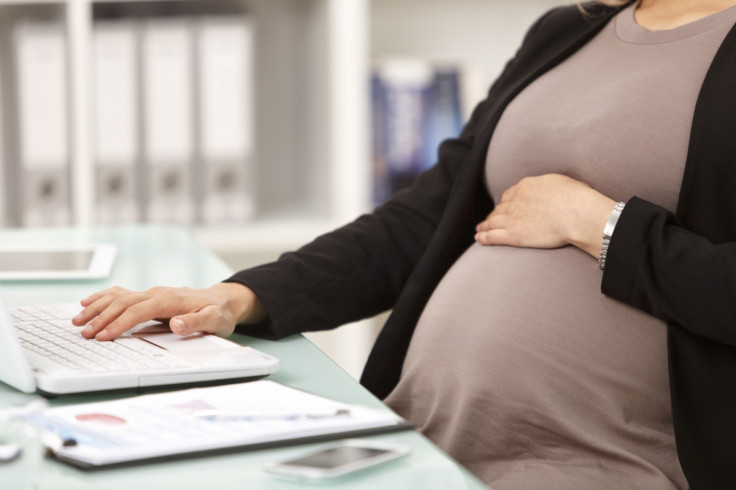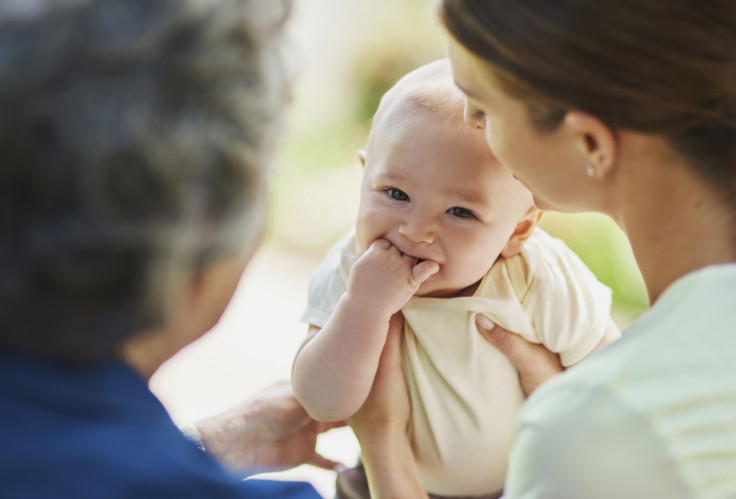Tick tock: We need to call time on the biological clock message
ONS figures show teenage conception rates are at the lowest level since 1969 – that's cause for celebration.

Latest figures from the Office for National Statistics (ONS) starkly illustrate what those of us working in women's reproductive health services see every day –conceptions among teenagers falling dramatically as rates rise among older women.
The fact that teenage pregnancy is at its lowest ever level since records began is a cause for celebration. Any young woman who finds herself pregnant and who wishes to continue that pregnancy needs support – not stigma. But the fact that so many young women are able to avoid pregnancy in the first place - and can choose to end that pregnancy when mistakes happen - is testament to the intense effort that has gone into improving young people's access to high quality contraception and abortion services alongside better (with room for improvement) sex education in schools.
The decline also speaks to broader social shifts - and opportunities. It may be a cliché but, yes, aspiration is the best form of contraception. When young women can hope for more and see a way to achieve it, early motherhood does not need to be their only avenue to a sense of fulfilment and self-worth. This is good news.
But before we get too cheerful, remember: When it comes to women's reproductive choices, there always has to be something we are doing wrong. As hand wringing over "gymslip mums" has declined hand-in-hand with the number of people who even know what a gymslip is, a fresh cause for consternation has emerged – the older mother.
Women are waiting longer to start their families. The average age of first-time motherhood is now 30. A significant proportion of women starting their families are now 35 or older. As we start our families later, inevitably we complete them later, and this in part at least explains the surge we've seen in the numbers of women giving birth in their 40s. Conceptions among this age group have increased dramatically, although some of those will be accidental and unwanted pregnancies that will end in abortion.

You don't need a degree to work out why women are waiting longer to start their families – but degrees play a role. The increasing entry of women into higher education, the time it takes to complete that education, establish a career and find a home are all factors. We take the decision to have children extremely seriously – we expect to bring them into a situation of financial security – and above all, perhaps, within the parameters of a loving, stable relationship – and it's hard to put a time-frame on the time it takes to find the right person to do that with.
Yet women are increasingly warned they are waiting too long – that they risk leaving it too late. There have been regular calls for fertility education to be incorporated into the already chocka school curriculum – with suggestions that young women be told that if they want three children they need to be off the starting blocks at 23.
Women know fertility declines with age – in fact, in our experience of advising women experiencing an unplanned pregnancy, there is a tendency to underestimate fertility rather than the reverse. We see more women over the age of 35 than we see women under 20, and often it is fertility misconceptions that have played a role in an unwanted pregnancy.
What's concerning is also the incidence of 'fertility testing' – women so anxious about messages about infertility they are desperate to see if they can get pregnant – then not in a position to carry the pregnancy to term when they find that, in fact, they can.
Of course fertility declines with age. But it does not decline as fast or as furiously as we might be led to believe, indeed your chances of conceiving within a year in your late 30s are not that far off what they were in your late 20s.

The issue is more that if you do have fertility problems the window narrows to resolve them through assisted reproduction – which carries a high failure rate at any age that progressively worsens the older you get. It is very sad to see the devastating cuts that are being made to IVF services, with some areas decommissioning them altogether.
The risk of complications increase with pregnancy as we get older, as do the risks of chromosomal abnormalities. But these risks must be kept in perspective. Self-evidently, as the figures show, women are delivering healthy pregnancies well into their late 30s and even early 40s.
Women of reproductive age are under immense pressure today. Told not to leave it too late, while also increasingly told they must be 'fit for pregnancy' before contemplating a conception. Not too fat, not too thin – and not a drop of the hard stuff having passed your lips for many months. If pregnancy must be carefully planned and prepared for – from physical fitness to financial good health – it's no wonder that women are waiting.
There is of course more we can do to enable women to better combine motherhood and other things they may want to do with their lives – affordable childcare, affordable housing, and for some women this may make the difference between waiting and making a decision to try for a baby. But what women really deserve is evidence-based information on which to make their reproductive decisions and trust in their ability to understand risk – and decide what is right for them. In turn, we should understand and support those choices as best we can.
Clare Murphy is Director of External Affairs at the British Pregnancy Advisory Service
© Copyright IBTimes 2025. All rights reserved.






















